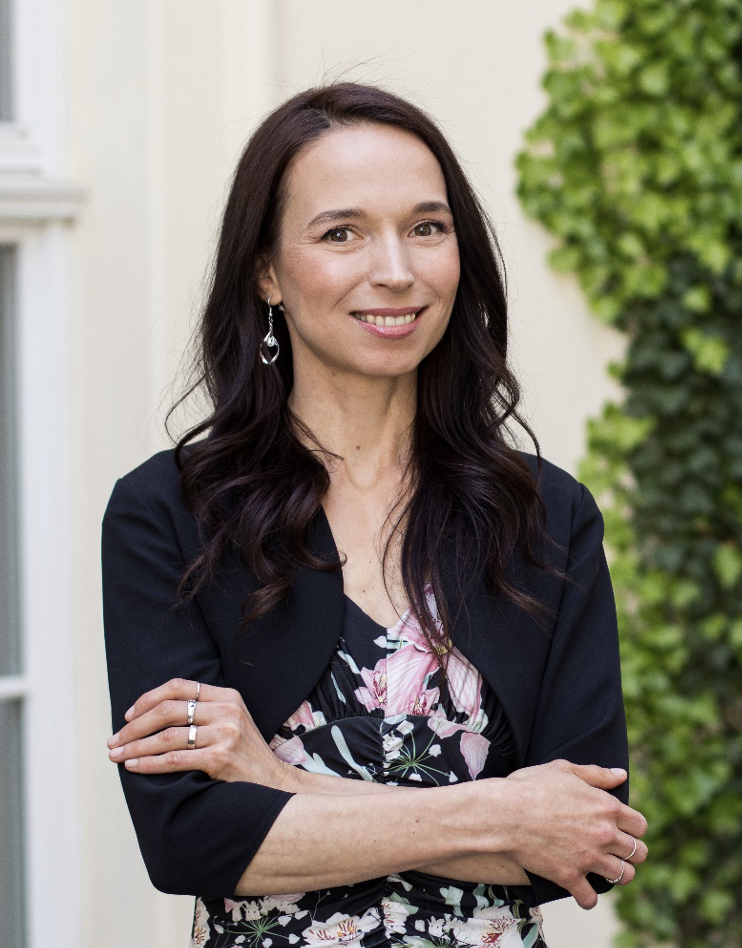
Finger-Pointing Across the Channel: EU as ‘Other’ in UK Government’s Post-Brexit Discourse
Despite leaving, the EU remains the UK’s significant, constitutive other. Even post-Brexit, the British sense of self is being claimed by defining the EU as ‘Other’. Naturally, since 2016, the character of this ‘Other’ has evolved. Following the referendum, and especially Brexit itself, the UK-EU relationship has undergone a transformation of redefining each/the other. One might have expected that, once the UK had left the EU, the mutual relationship would run more smoothly. Yet, the opposite has been the case. Boris Johnson’s government was keen to pick fights with the EU and “regularly and deliberately spark arguments” with it. Since the UK (nominally and practically) left the EU on 31 December 2020, the mutual relationship has been marred by numerous …










